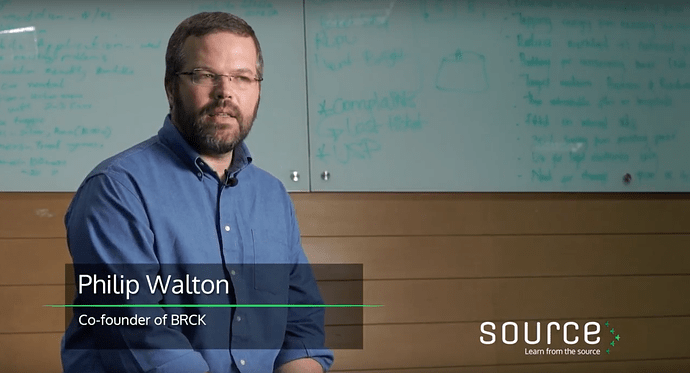“The reality is that it’s mostly unknown unknowns.”
-Philip Walton, Co-founder of BRCK
What’s more dangerous than what you don’t know? What you don’t know that you don’t know. These are unknown unknowns.
So how do you find them? Philip Walton’s company BRCK discovered that they had to create built-in processes designed to figure out unknown unknowns from the beginning. In other words, you find unknown unknowns by searching for them.
##The Foundations
“When you get your foundation as a design engineering organization, you resolve your unknown unknowns in the beginning.”
-Samuel Njuguna, Co-Founder of Chura
When you start a business, you have a whole list of problems you need to solve. But sometimes, even if you solve every single one of them, your business still fails. Why? Because there were other problems you didn’t even know you had to solve.
Samuel Njuguna describes how BRCK built itself as a design engineering company first. Because engineers look for unknown unknowns in a way marketing people, sales people, and many business people don’t. That doesn’t mean you have to be an engineer for your business to succeed, but you should look at how their process works.
##Entrepreneur Belief vs Business Skepticism
“It’s one thing that makes entrepreneurs great is they can believe they know most the things they need to know.”
-Philip Walton, Co-founder of BRCK
Philip sees this as a core irony for entrepreneurs. Their belief in themselves is critical for their success, but it also leads them to miss unknown unknowns. His key to making this work is finding a balance. Having that vision and belief while also making sure his team is constantly searching for unknown unknowns.
“For us getting to this understanding of how African users relate to technology, we thought we were really good at it but a lot of the assumptions we make even in Nairobi are not valid elsewhere.”
-Philip Walton, Co-founder of BRCK
In this case, they had that entrepreneur’s confidence, but they also forced themselves to go out into villages and rigorously test their product. They realized that they had a lot of unknown unknowns.
“We said, let’s rethink the UX of how someone gets online for the first time. We elminated a lot of things we thought were cool but weren’t useful and added new things. we rethought the whole process.”
-Philip Walton, Co-founder of BRCK
The result of BRCK making sure they searched for, found, and fixed unknown problems was a product that was far superior to the one they started with. This all came down to now simply assuming it would work. They always tested it, then they tested it again. That balance between belief and skepticism is a large part of what’s made Philip and BRCK successful.

